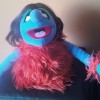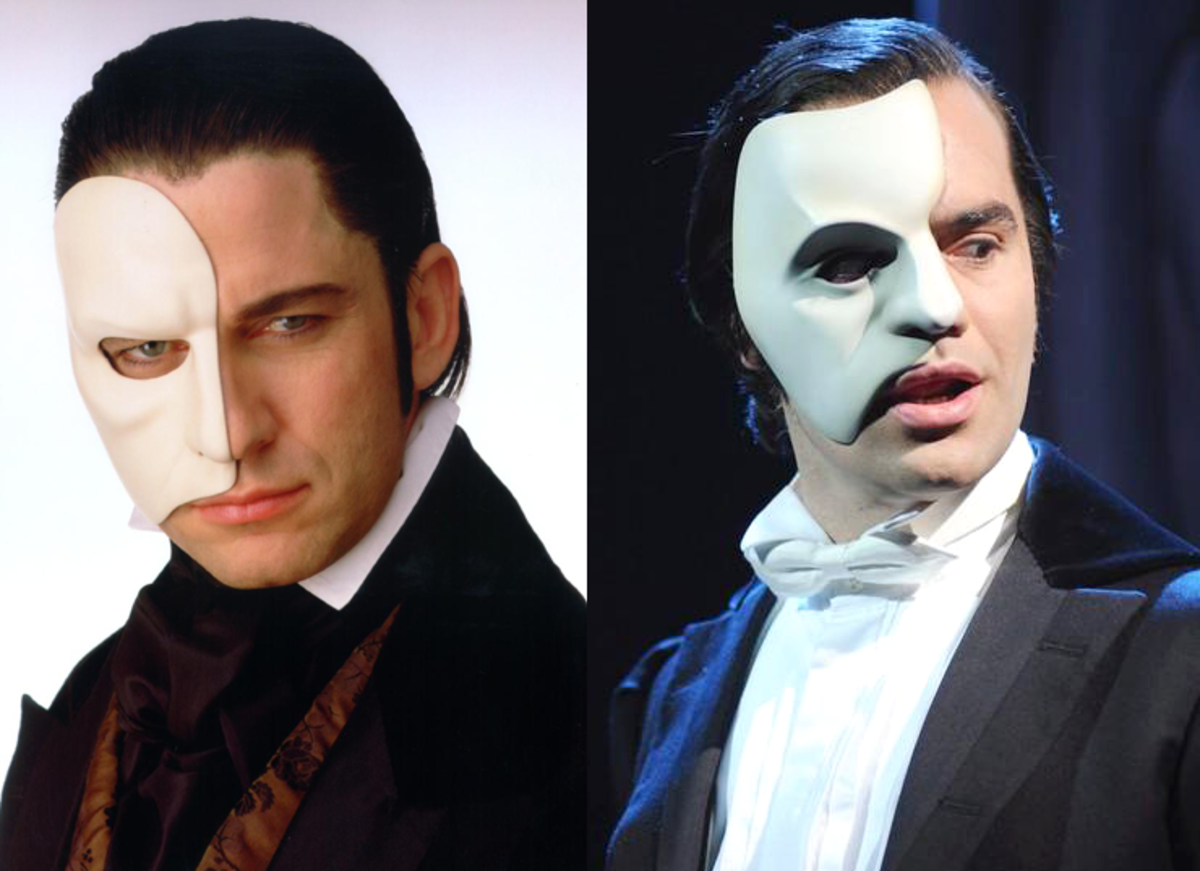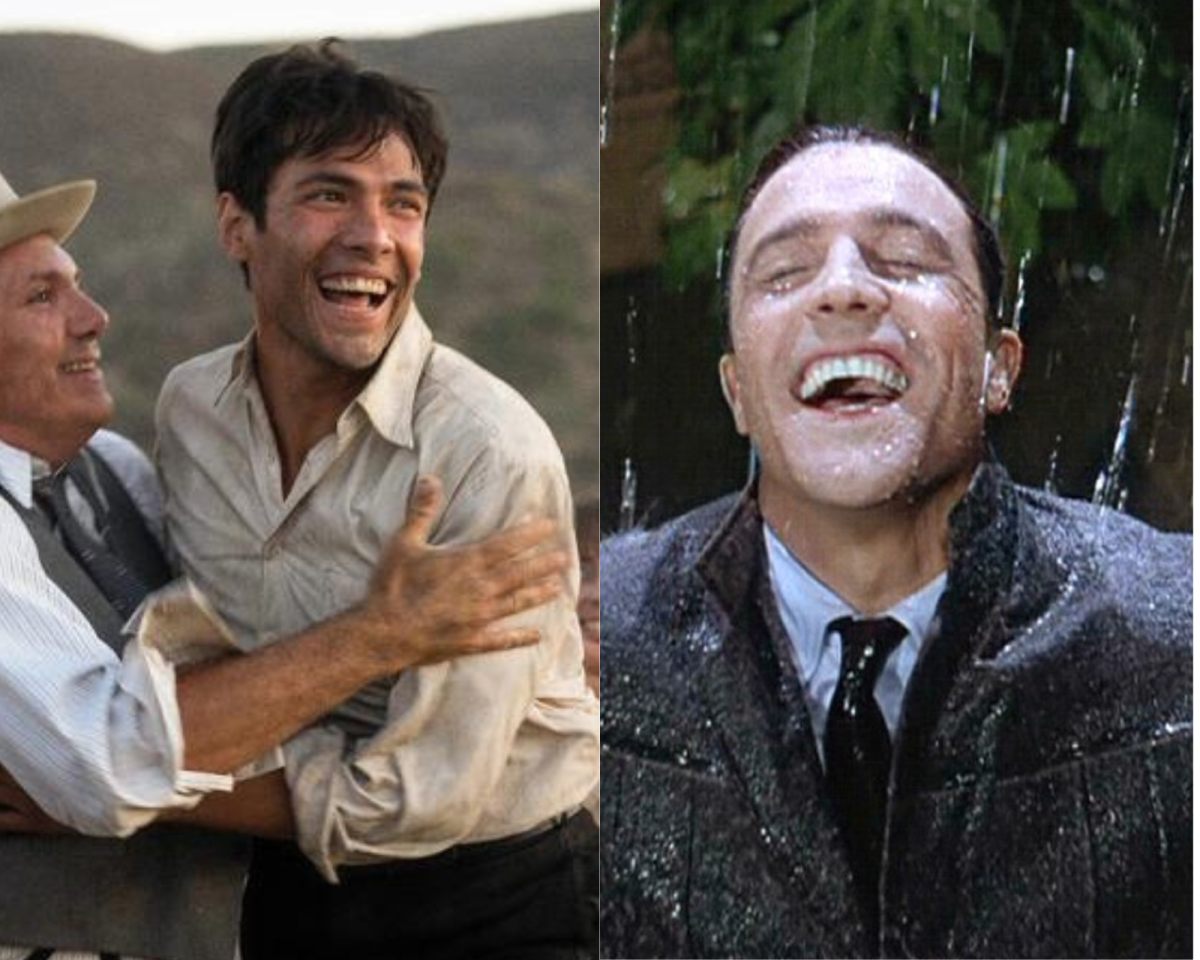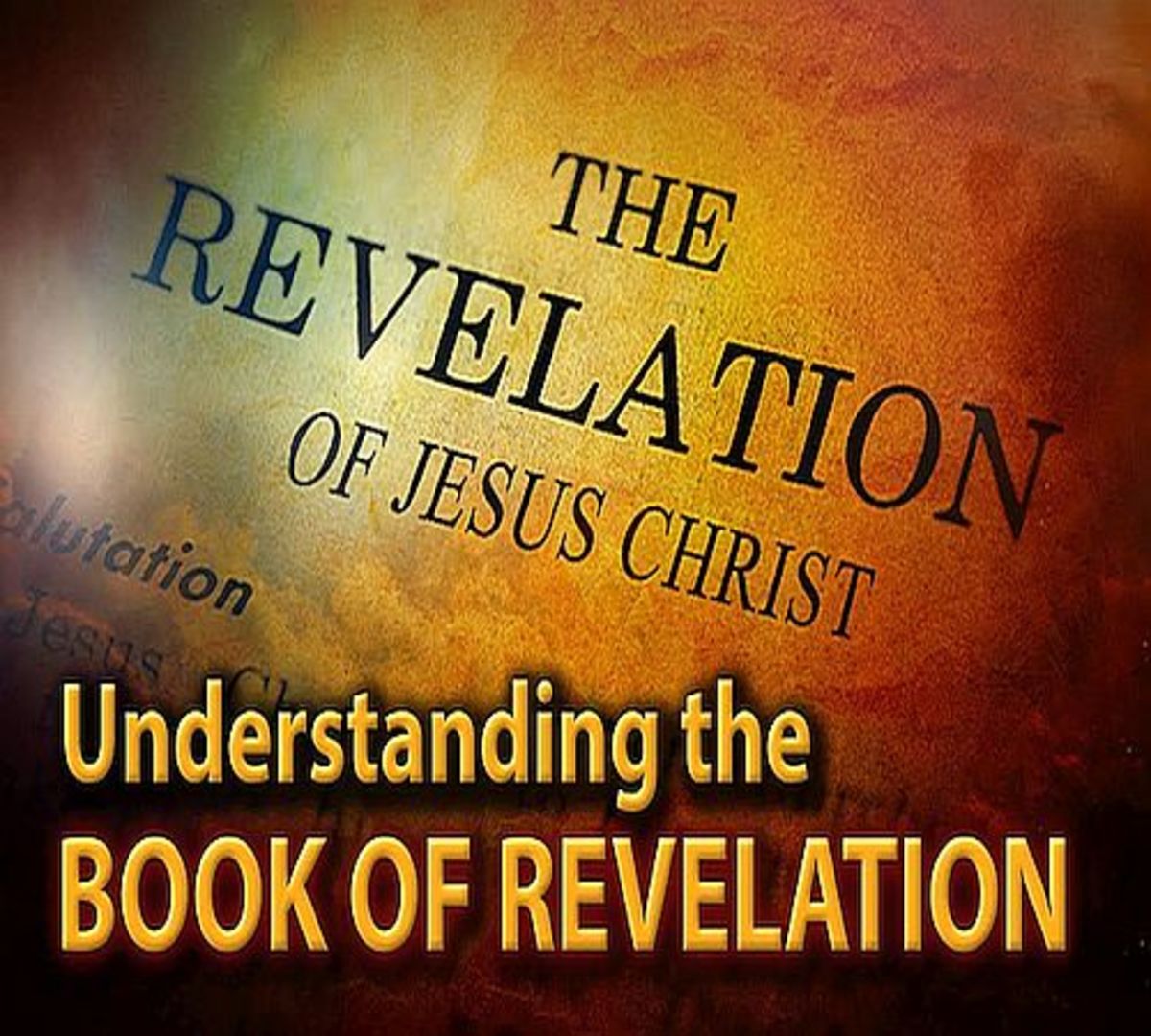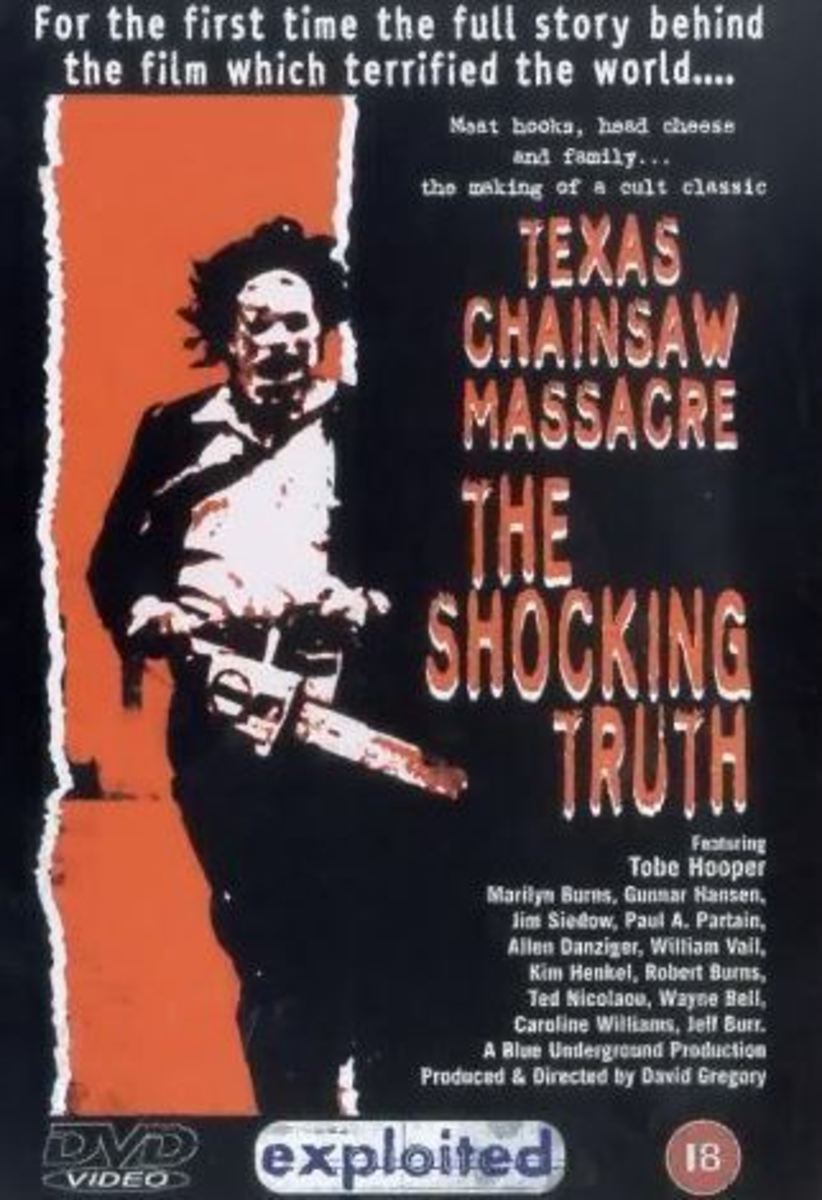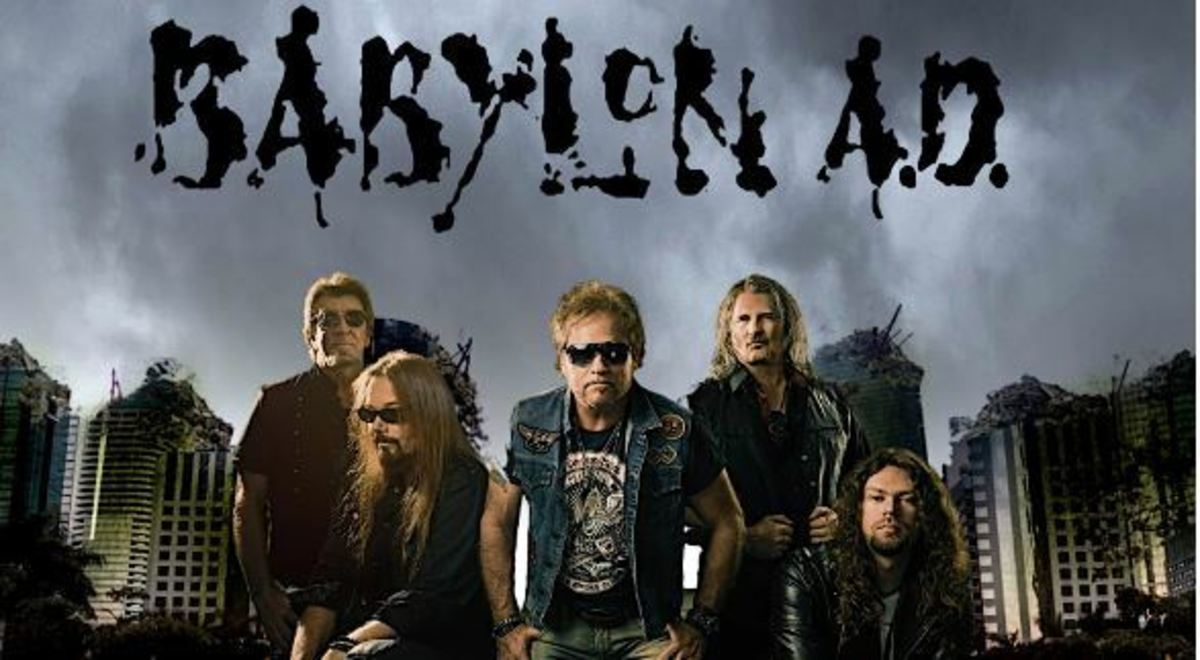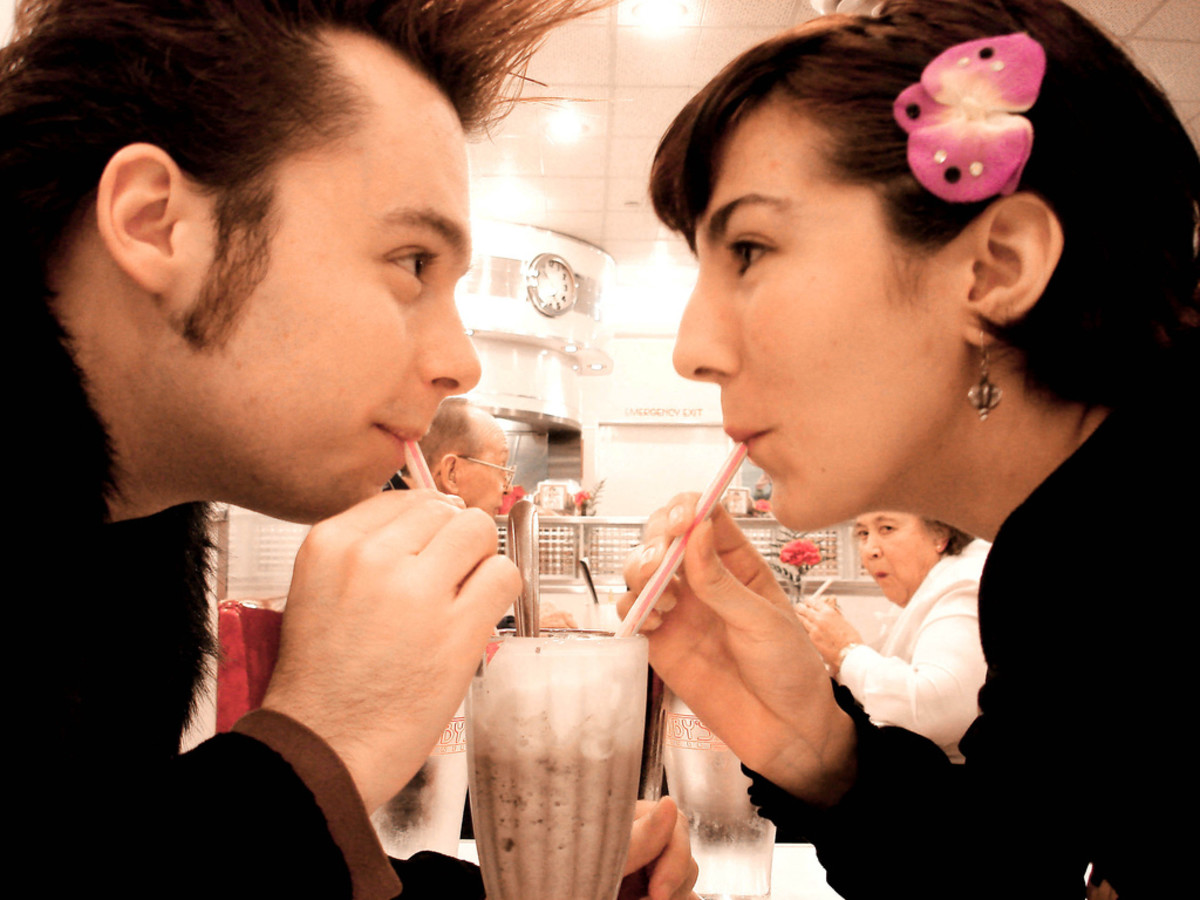When Hollywood Attacks: Turning Beloved Books into Movies
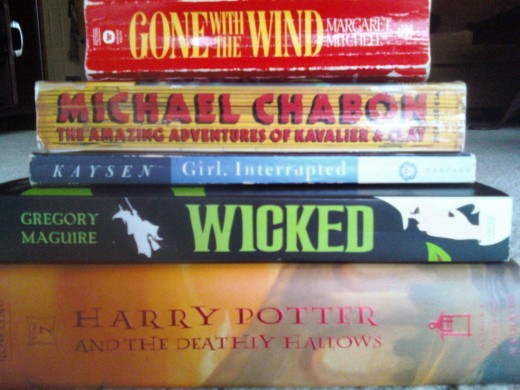
Over the years a lot of my favorite books have been made into movies. Movie versions of books have this sick, car-wreck thing going for them. I know it’s going to be a horrible sight but I just have to look anyway. The moment I hear a movie version is being made I go into the prefabricated rant many movie-lovers (and book-lovers) start in on, something to the effect of 'Can't Hollywood come up with new ideas? Why is everything either a remake or already done in other media?' and so on. In pre-production I am slightly curious as to who is tapped to star in it, seeing how the actors compare with the characters I pictured in my head. Usually by the time the trailer rolls out I declare I will not see movie version. But I always cave renting it from Netflix, critcizing the whole way through and ended up mad at myself for not resisting.
Turning a beloved book into a film version is a tall order. Part of what makes a book so great is the individual’s perception of it. Each reader could presumably have a different opinion about what a major scene really meant. One reader could be convinced a particular character really had a heart buried under protective layers while another felt they really were just plain evil. When all of this is turned into something more singular, more concrete on screen there is no way to please everyone all of the time. You can always hear cries of exiting moviegoers proclaiming ‘That’s not how I pictured that character at all!’ With all of these handicaps taken into consideration, filmmakers don’t stop here. In addition there are several things when making books into movies which always seem to occur making the avid readers even more irate.
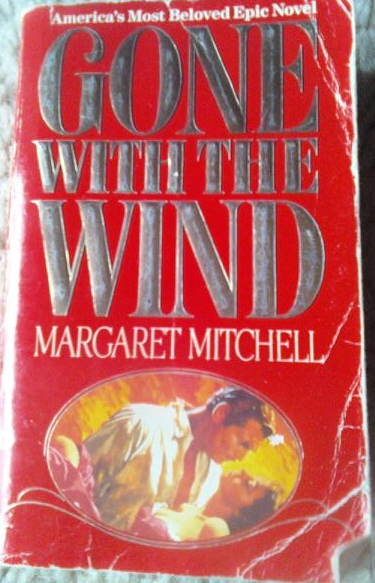
1. Characters are left out or considerably changed and major plot lines are altered.
Having seen the movie version of Gone with the Wind (GWTW) shortly after I read the book I was mad about a few things since the plot was still so fresh in my mind. In the book Will Benteen serves a great role in the time he enters Scarlett’s life. He becomes her confidant and is calm, collective, and quiet- being Scarlett’s right-hand man in managing Tara. Scarlett is at her lowest when Will comes on the scene, providing her the support she needs. In addition their platonic relationship adds depth to the character of Scarlett. I felt it was a shame not to include his character in the movie. Also out and out changes to the movie version in general really irk me, and GWTW the movie was no exception, changing situations with Scarlett’s children. In the book she bears a child for each of her three husbands, while in the movie they are whittled down to just her daughter with Rhett. As a huge fan of the book, I can't agree with critics ranking the movie version as one of the best films of all time. Taken as a separate entity that may be fine and all but when the book is factored in, there is no contest. My thought regarding it being called one of the greatest films of all time is ‘Yes, but did you read the book?’
2. When Hollywood beats you to it and the movie is made before you’ve gotten to read the book it clouds your ability to cast the roles in your imagination.
Another layer to all of this is in high school when I read GWTW the book, the images of Vivien Leigh and Clark Gable as Scarlett and Rhett were already embedded in my head. Thus when I read the book I was already picturing these actors. Part of the joy of reading is using one’s imagination to form one’s own characters. In general once a movie version is made and the casting is known, does it ruin it for us bookworms? I know I can’t read a book when actors have already been casted and not picture them acting out the scenes in my head. It takes away from the gradual process of casting the roles in my head as I get a few chapters into a book.
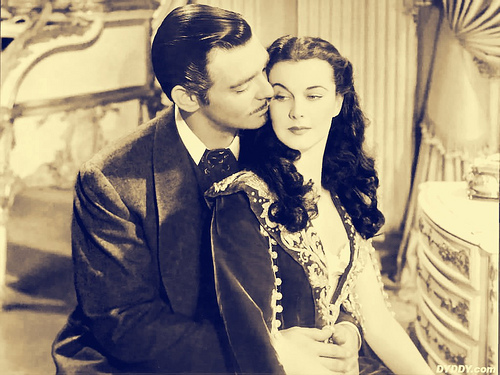
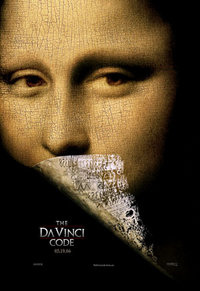
Casting movie versions is no easy task. Remember the uproar when Tom Hanks was cast as Robert Langdon in Dan Brown’s The Da Vinci Code? Brown comes right out and writes in the novel Langdon looked like ‘Harrison Ford in Harris Tweed’. Even if the reader wasn’t picturing Ford exactly, certainly the association was made and a distinguished, salt and pepper scholar was imagined. Of course they added insult to injury when the first few pictures of Hanks as Langdon were leaked and his hair was ridiculous. On the other hand, sometimes having the movie version out before reading can make for an interesting read. For example I was quite happy with picturing Daniel Craig as Mikael Blomkvist in Stieg Larsson’s Millennium Trilogy.
Sometimes the movie version is enjoyable, even if it varies from the book. Another all-time favorite of mine is Girl, Interrupted by Susanna Kaysen about her real-life experience being committed to a mental hospital in the late 60s. Another high school read, but unlike GWTW and almost every other book I have read, I have re-read Girl, Interrupted a handful of times. I am fascinated with the fine-line between sane and insane and also the give and take relationship with trusting the narrator. Usually the trust is assumed but what about the case of the mentally unstable? Is the narrator just making it seem as though she has it together moreso than the other young women she is living amongst in the hospital?
Girl, Interrupted Movie Trailer
3. A complex character on the pages is always simplified down to a stereotype on the big screen.
The movie version of Girl, Interupted was good, but the book of course is better. In the movie, there are some in-references to the people who read the book which is a crafty way to make everyone happy. Angelina Jolie’s character Lisa even owns up to the idea that she is playing up the villain to foil Winona Ryder’s heroine Susanna, something not so openly done in the book. It was a clever way to work it into the dialogue- a confession by the screenwriters 'Yes we are exaggerating from the book because this is Hollywood'. In movies there are good guys and bad guys, no gray area. I think one of the reasons the movie version works well is because Susanna writes in her journal during her time in the hospital. Ultimately it is her writing, her perception of the other patients, that drives Lisa to proclaim herself as ‘the villain’ because that’s what Susanna wanted, a conclusion Lisa comes to after reading Susanna’s journal. I think this is a clever way to tie in the book with the movie. It explores the issue I was fascinating with while reading the book- is Susanna saner than the rest of the women in the hospital or is that her perception and thus the reader’s view is distorted?
The Shining Movie Trailer
Ultimately this is one of the major things changed from a book to a movie- the subtle line of who is good and who is bad becomes a very obvious line in the sand. Novels have time to develop complex characters that represent people with both good and bad qualities and behaviors. In movie versions the complexity is taken away, what is left is one major characteristic of each character amplified. This brings me to one of the more famous book-movie combination- The Shining. Stephen King wrote The Shining in 1977 and Stanley Kubrick directed the film in 1980. Kubrick’s version is great, the sense of isolation in that big hotel filled with history over the years of guests and employees. The acting is great- Jack Nicholson scares as Jack, Shelly Duval plays the helpless, pushover mother well and that kid creepily nails Danny and his talking finger. The book is so much better and different from the movie. I actually saw the movie version first, then heard that King was a little disappointed in the way the movie turned out. This inspired me to read the book itself. Jack is a victim of the hotel in the book and that seems to be the main point King was seeking to get across. He was a devoted, albeit troubled family man before he took the caretaker position and the main theme of the book is how the hotel uses a person’s faults to take control of them. Also Wendy is a stronger character in the book and the movie version is a disappointing stereotypical woman-in-a-horror-movie version of her.
4. It can always get worse, instead of a movie version of your favorite book it can be turned into a musical.
Just when I thought movie versions of my favorite books were bad enough they go ahead and make a musical of one of my favorites. In 2003 Gregory Maguire’s Wicked: The Life and Times of the Wicked Witch of the West was made into a musical. And similar to the popularity of the GWTW movie version, Wicked became the It musical. I finally caved and went to see the musical and like movie versions I was intrigued but it took a bit of adjustment. I was horrified at first at the superficial tone the musical took. In the book Elphaba’s green skin never bothered her, in the musical one of the first things she sings about is how she wants to meet the Wizard who could maybe make her not green anymore. UGH- This is so far from the themes of the book it is ridiculous, but musicals are ridiculous. The two main characters, Elphaba and Glinda, of course fight over a man in the musical because how else would two women have a disagreement if it’s not over a man? But in the end the musical does focus on the relationship between these two women- ultimately an acceptable departure from the book. Entertainment Weekly (#1181, November 11 2011) reported that Maguire hopes if an onscreen version is made the social and political aspects of the book would be focused on. I couldn’t agree more but I wouldn’t hold my breath.
Favorite Recent Book-to-Movie Adaptation?
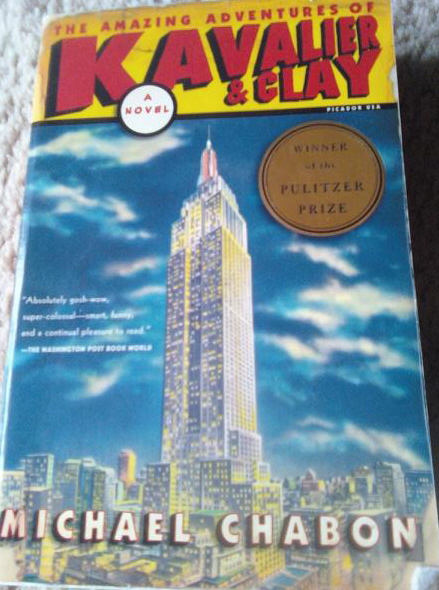
It has gotten to the point with me that I am glad when I hear for one reason or another my favorite new book will not be made into a motion picture. Michael Chabon’s The Amazing Adventures of Kavalier and Clay would probably translate well to the big screen, a sprawling account of two cousins living in the time of the Nazis, the beginning of WWII and beyond. One narrowly escapes Nazi-occupied Prague to come to live with the other in New York City and the two establish themselves as a premier comic book creating team. For a while the book was listed on IMDB (Internet Movie Database) as a movie in development. I was excited to see there would be a screen adaptation but I was more excited to see that it is no longer in development. Likewise a favorite author of mine, Jasper Fforde, who currently writes four genre-bending series (three of which I read) has made it clear there is a slim chance his books will ever make it to the big screen. Having worked in the film industry for a long time before his writing career took off; Fforde is both realistic about the process and picky about how they would be made into movies.
5. There is always an exception to the rule.
An exception to all of my rules is the Harry Potter movie series, the movie series lives up to and exceeds expectations of this Potterhead. Of course they had to cut things out, for example in The Half Blood Prince which was, in my view, an origin tale of He-Who-Must-Not-Be-Named on par with any other origin tales of our favorite baddies such as Darth Vader and The Godfather. In the movie version they really had to scale back seeing Tom Riddle change into Lord Voldemort which is understandable. The book is the only way to really comprehend his transformation. Otherwise the films really captured the essence of the books and I loved seeing a scene on the big screen play out exactly as it had in my head as I was reading the book.
It is really a righteous position of a filmmaker adapting a book into a movie- being able to change things, small and large, in the plot of a favorite read. On one hand is there any point to making a movie version to be an exact, literal translation of the book? Or is it more interesting to see it with a little of a spin, whether it be a character changed, a major scene altered, or some chapters left on the cutting room floor? I, for one, prefer the movie to bring the book to life on the screen, not altering it much at all. Maybe the time will come when I read a book and watch a different interpretation of it on screen and enjoy the movie adaptation better than the book, but I don’t think so. The ‘movie’ I create in my head while reading the real thing is always better than anything Hollywood could do.
Related Hub
- My Two Worlds Collide: When Science goes to the Movies
Spoiler alert: Plot points discussed from 'The Island' and 'Gattaca' in the context of exploring the scientific ideas portrayed in both movies.
